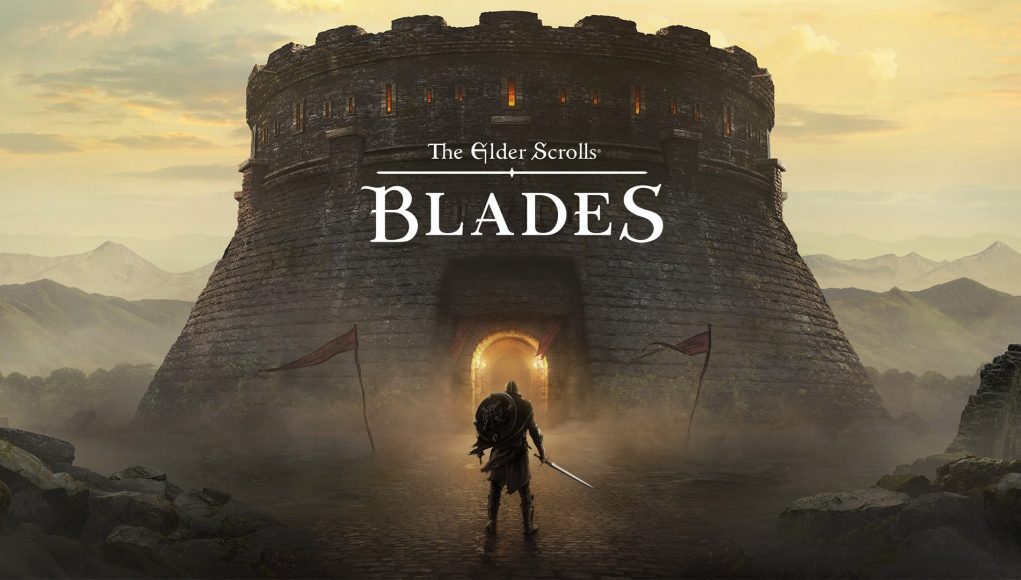Bethesda announced The Elder Scrolls: Blades back at E3 2018, promising that the free-to-play title would support VR headsets all the way from standalone to high-end PC. It’s been nearly two years since that announcement, but Bethesda has “no update” on the VR version of the game.
Relative to other major gaming studios, Bethesda has actually embraced VR quite substantially. The studio has already released two VR ports, Skyrim VR (2017) & Fallout 4 VR (2017), two original VR titles, Doom VFR (2017) & Wolfenstein: Cyberpilot (2019), and a VR DLC, Prey: Typhon Hunter (2018).
Since those titles, the only other Bethesda game officially in the works with VR support was The Elder Scrolls: Blades, which was purportedly being developed as a mobile-first game that would eventually expand to a range of platforms including console, PC, mobile VR and PC VR, with cross-play between them.
Elder Scrolls: Blades saw a beta release on iOS and Android in March 2019, and then a full release in May 2019. Bethesda has kinda-sorta been referring to the game as being in ‘Early Access’ though doesn’t note that in any of the app store descriptions or in the game’s latest marketing.
It’s been nearly two years since the initial announcement of Blades and its eventual VR support; we reached out to Bethesda to ask if they would offer a status update on Blades VR. A spokesperson told us “we don’t have any updates to share.”
It’s unclear if VR support for the game has been cancelled outright or if it’s just taking far longer than expected.
Last month, Bethesda announced that Blades is coming to Nintendo Switch this Spring, noting that the game would “take advantage of the [Switch’s motion controllers] for an immersive new way to play.” It’s possible that this is the first glimpse of the motion-based mechanics that would eventually be expanded upon in VR, but it could just as well be the scraps of development from a canned VR version of the game.
Exactly how Blades’ mechanics would translate to VR in a meaningful way has been unclear from the start. The free-to-play title is built around micro-transactions and time-gated content with lots of menu-driven management—not the sort of thing we’ve seen successfully executed in VR to date.







